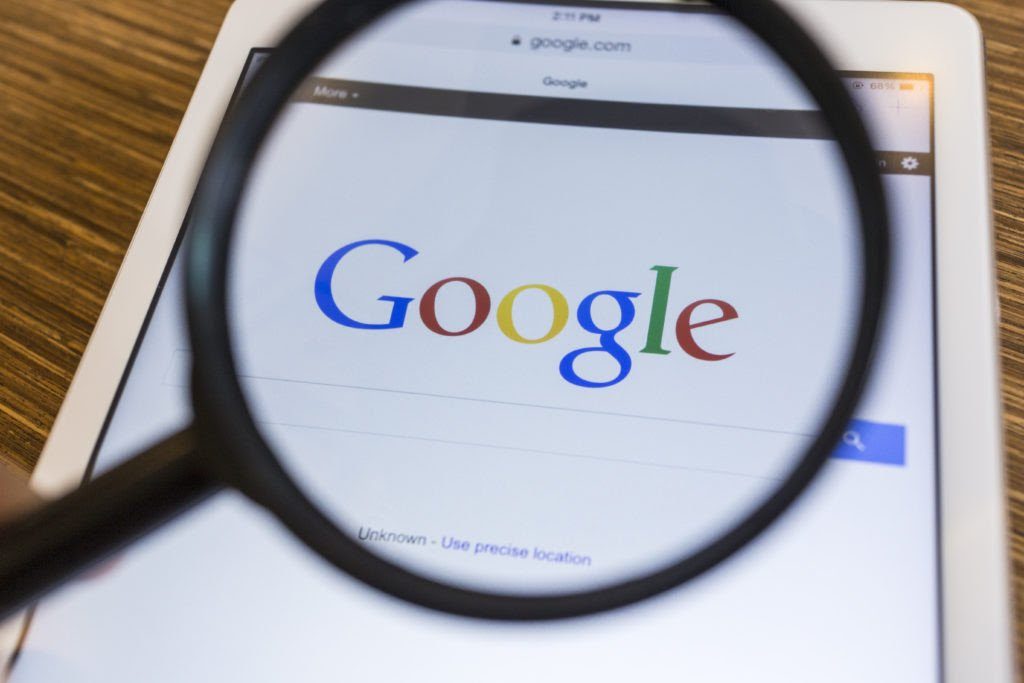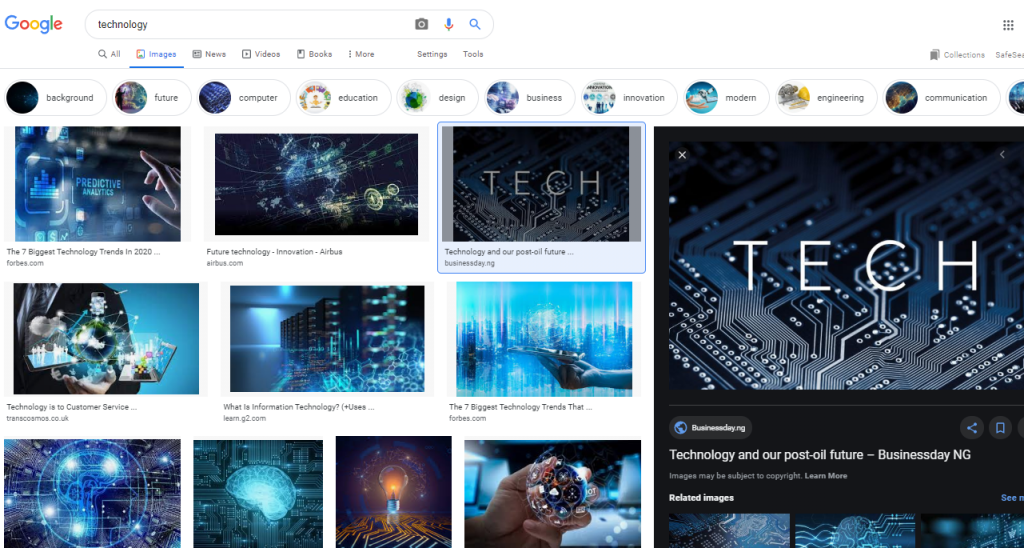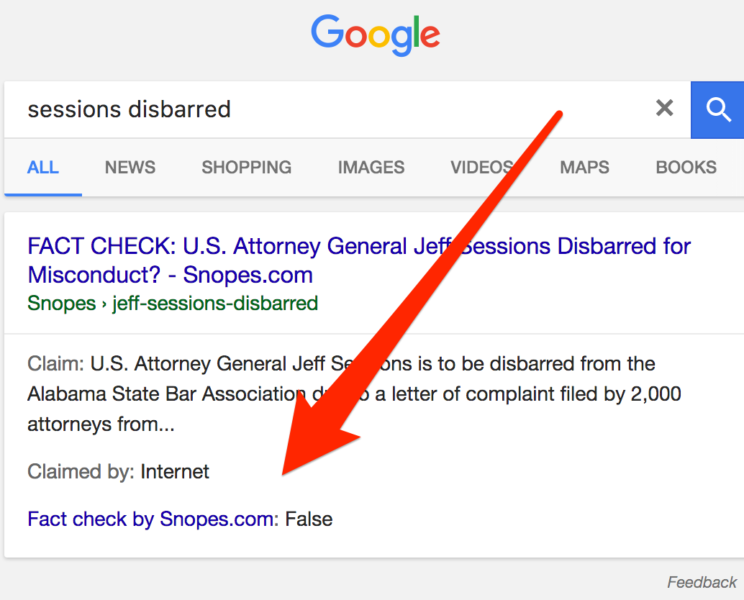Google has announced that it will start fact-checking image searches. According to the tech giant, its latest update will now show if an image has been subject to fact-checking by publications like Snopes or Politifact.
It also added that it will show a brief summary and analyses on images that have been associated with hoaxes and misinformation as well as images that have been fact-checked in the past. The associated verdict after the fact-check will also be added.


Speaking on the new update, Google’s Group Product Manager of Search, Harris Cohen explained that fact-checking was added to help people make informed decisions on images with questionable origins or authenticity.
The power of visual media has its pitfalls — especially when there are questions surrounding the origin, authenticity or context of an image. Starting today, we are surfacing fact check information in Google Images globally to help people navigate these issues and make more informed judgments about what they see on the web.
Harris Cohen, Group Product Manager, Search
This development follows Google’s effort to fact check claims on its pages.
New “Fact Check” label
With the introduction of this new fact-checking feature, images searched on Google may now have a “Fact Check” label under the thumbnail image results.


Harris explained that when you select images in a larger format, you will see the summary of the check on the underlying web page. He added that the labels could appear for either specific images or for articles that include an image.
Social Media and Curbing False information
Although social media companies can’t be held directly responsible for misinformation propagated on its platform, there has been increasing pressure to fact-check the content of its platform.
This has especially been on the increase due to the propagation of false information on the current coronavirus pandemic. Twitter and Facebook bowed to pressure and added COVID-19 fact checks to their platforms.


Following the COVID-19 fact-check, Twitter also came up with a false new label to tag false or misleading tweets. Google with its latest fact-checking for images is another extension by social tech companies to curb the propagation of false or misleading information.
An image curated by Google search could have multiple interpretations so it may sometimes need additional context to pass the right interpretation. Google’s fact-checking may not be perfect but could significantly reduce misinterpretation of images.






